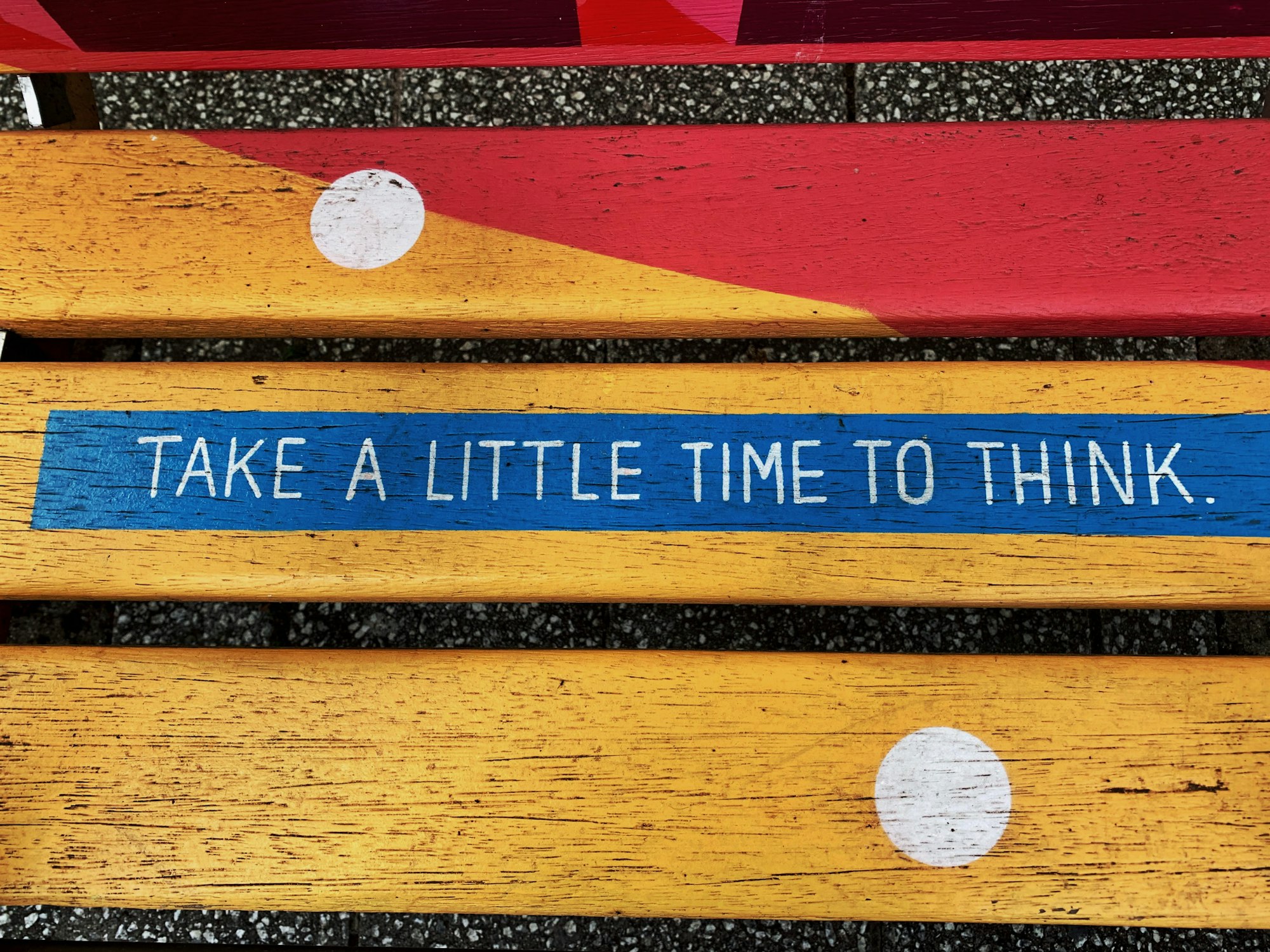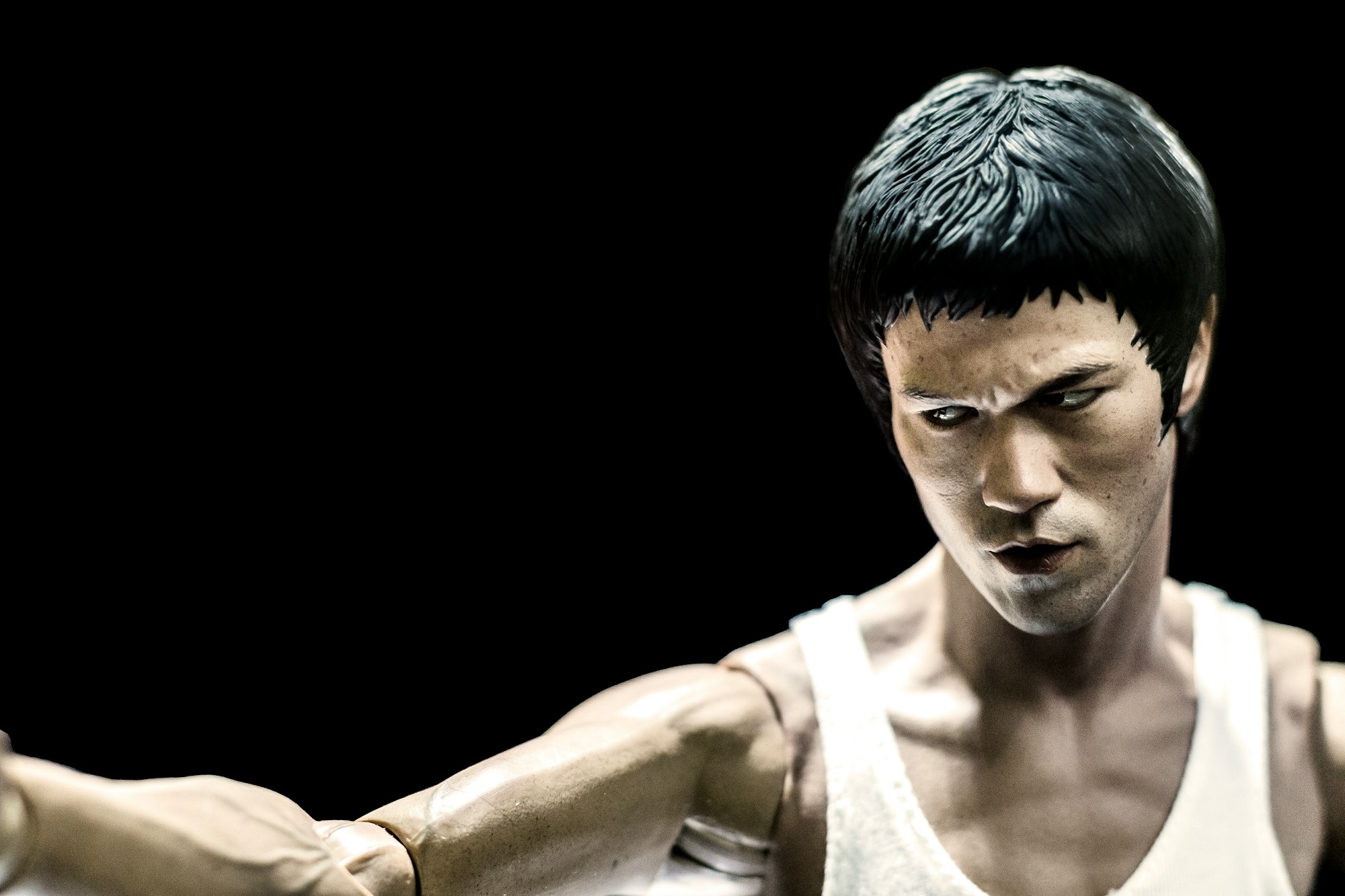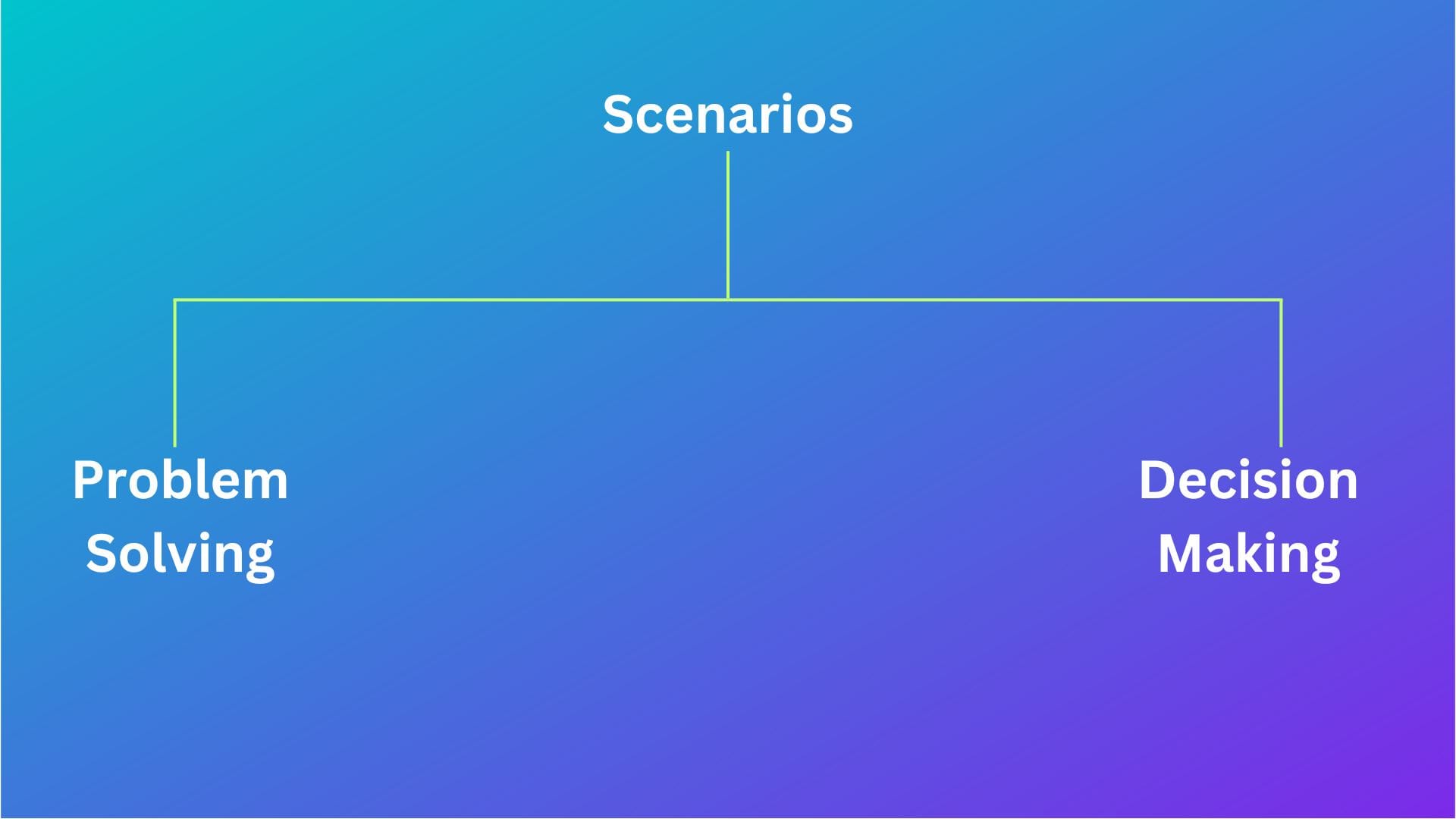Self Reflection Byte - Never Back Down...But..

Table of Contents
- Never Back Down
- Problem Solving
- Decision Making
- Conclusion
Never Back Down
I took a break last two weeks & watched some movies, especially martial arts genre. I love martial arts movies. Why? Because most stories involve the protagonist experiencing some event which forces him or her to examine themselves & then engage in up-skilling themselves in martial arts to achieve their objective of either winning a competition or defeating the villain who initially was better than them. But the protagonist does three things to get better :
- Acceptance of their weak points
- Dedicated & focused training to get better & over come their weak points
- Determination to achieve their objective(s)

Most of the times they encounter failure during training but they never back down. They succeed against all odds by never backing down. There is actually a very good movie by the name "Never Back Down" (Link : here) with a similar story line.
We should never back down from our goals & have to take all necessary actions to achieve our goals & objectives in life.
But here I give a different perspective by saying that we have to back down in life situations or in other words "take a step back". One of the resolutions I took to remind myself & apply on a daily basis is to "Take a deep breath & step back". What do I mean by this contradictory statement?
In the martial arts example above, the protagonist steps back to identify where he or she failed. Then they focus on those areas where they can impact maximum damage to the opponent to overcome them.
Moving from movies to real life, let us identify two real life scenarios :
- Problem solving
- Decision Making

Problem Solving
If we are in the thick of a problem without being able to find a solution, it is advised to take a break or leave that problem aside & do something else or in other words, "sleep on the problem".
Does it mean we gave up? No, then how does backing off or stepping back from a problem help in solving that problem?
How many times have we encountered situations where ideas / answers / solutions just popped out when we were in a shower or during a walk?
Even though we stepped back or backed off from a problem, our subconscious mind keeps working on it & finds a solution which pops up at unexpected times when we are not working on that problem.
The solution can be either something we missed which will help us move forward with the problem or a final solution.
Hence it is critical that we find a way to capture those solutions in any way we can either digitally or with a notebook.
Decision Making
Stepping back or backing down is very important before we take any important decisions. Why?
Let us frame the below questions to get a better perspective -
- Have we considered all the relevant variables or factors necessary to take the best decision within the timeframe?
- Have we really taken an objective decision without any emotional baggage or biases?
So why are the above questions important when we take decisions?
How many times have we regretted taking decisions in a hurry without adequate thought or taking time to understand the situation & consider all relevant factors within the timeframe required? I presume many times because we are all human beings.
In high pressure situations, we in all probability let our emotions get the better of us & it is in these situations that we have to force ourselves to step back & objectively analyze all the relevant variables.
Stepping back helps in two ways:
- Get over our emotional baggage or biases
- Zoom out for a high level or better perspective
Emotional Baggage / Bias

As per this HBR article on emotions & decision making,
When we are faced with difficult & complex decisions, we typically experience difficult & complex emotions
The article then goes on to advise what to do to get over this.
We have to take time to identify :
- The emotions that you feel as you face your decisions
- The emotions that you want to feel as you're looking at your decisions in the rear view mirror
Now, we cannot do the above if we are highly emotional or emotionally charged. The only way to achieve it is to take a deep breath & step back or back down. This helps us achieve a state of mind where we can see our own emotions & biases to avoid taking decisions which we may regret later. Let us take the below situation:
We have come across sales offers where the tactic employed is typically to create a sense of urgency to make us buy their product - "Last day offer", "50% off - Last day", "This is the best time to buy this investment product as the market conditions may change tomorrow" etc. If we don't step back & double check the product &/or the terms & conditions (if it is a financial product), we may regret the decision later.
Biases affect us in another way that we may see the issue from one point of view which is the view that we know or have seen based on our past experiences. But there could be another view which we don't know about & only if we step back, we can see the other side. For example, when we hear something we don't agree with, the default tendency is to argue against that point of view. If we take a deep breath & step back before we react, we may see that the other view is the better way to go about & in the process learn something new.
So, stepping back helps us to consider all relevant variables & factors in a situation within a given time frame in an objective way taking into consideration the emotional concerns & biases involved.
Zoom out for Higher Level Perspective

Stepping back from an issue also helps us to see the "big picture" in any situation which gives us a better perspective to resolve the problem. We see from a high level how various factors or variables interact with each other which contributes to better decision making.
Being aware of the big picture also helps us to understand second order consequences which means not only the immediate impact of our decisions but also any second order consequences as a result of that impact. Ray Dalio has wonderfully explained this in his book Principles
By recognizing the higher-level consequences nature optimizes for, I've come to see that people who overweigh the first-order consequences of their decisions and ignore the effects of second- and subsequent-order consequences rarely reach their goals. This is because first-order consequences often have opposite desirabilities from second-order consequences, resulting in big mistakes in decision making. For example, the first-order consequences of exercise (pain and time spent) are commonly considered undesirable, while the second-order consequences (better health and more attractive appearance) are desirable. Similarly, food that tastes good is often bad for you and vice versa.
Quite often the first-order consequences are the temptations that cost us what we really want, and sometimes they are the barriers that stand in our way. It's almost as though nature sorts us by throwing us trick choices that have both types of consequences and penalizing those who make their decisions on the basis of the first-order consequences alone.
Conclusion
We must ensure that we stay objectively grounded in any situation without being emotionally charged or biased. That is easier said than done & conscious effort must be made to achieve this. Our default setting is to be emotionally charged & let our biases take control of our decision making process. Taking a deep breath & stepping back from a situation is the only way we can get over this.
I know a CEO who has taken almost six months to convey the findings of a report to her team. She didn't let her emotions or biases get the better of her & was able to objectively communicate her views to the team.
Stepping back also helps us to ask the right questions to :
- Understand the situation
- Ensure we consider all views (even those we disagree with)
- Check whether we are framing the problem correctly.
Asking the right questions keep us on the right track.

So, it is highly advisable in our professional & personal lives to :
- Take a deep breath
- Step back
- View a situation for what it is & not what we want it to be
- Consider all relevant variables in the available time frame by asking the right questions.
- Take decisions & actions objectively & dispassionately.